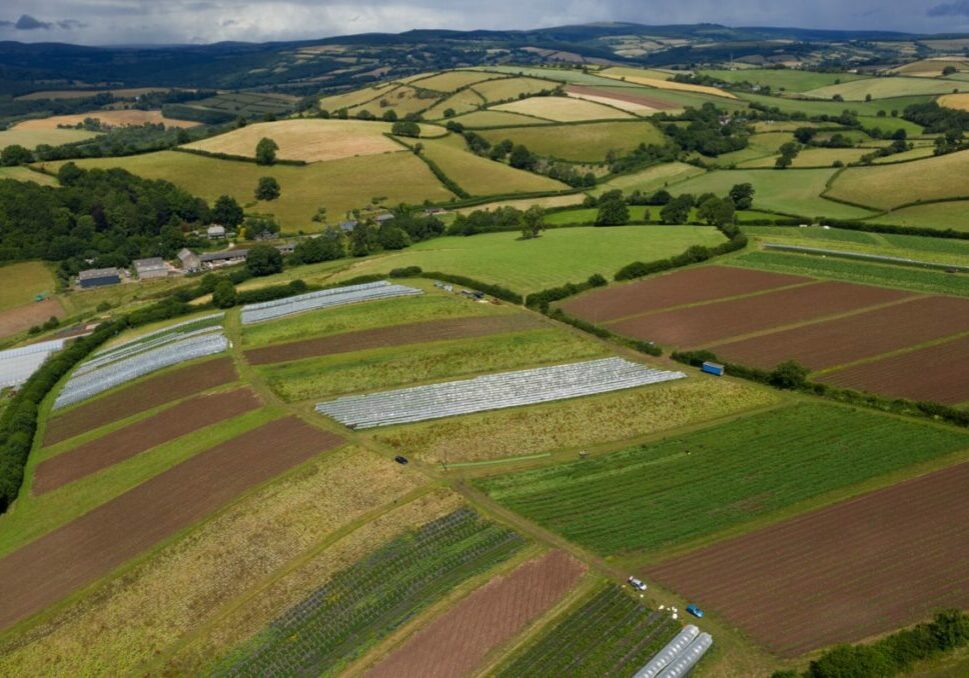The COP28 climate conference in December 2023 came at the end of the hottest ever year on record. With temperatures rising and the effects of climate change being felt around the world, delegates were under pressure to make some big decisions.
The Global Stocktake was at the heart of the event. This ‘report card’ recorded the progress made by countries to address climate change and limit global warming to 1.5ºC.
Based on data collected over the last few years, it’s clear that more must be done to reduce emissions and slow climate change. Several key agreements at COP28 were hailed as a step in the right direction – but do they go far enough?
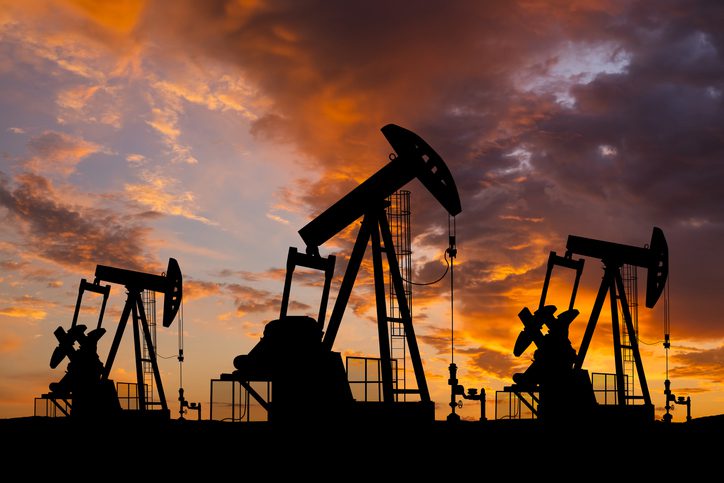
Fossil fuel
The headline-grabbing announcement was the news that an agreement was made to “transition away” from fossil fuels. Every country in the world signed up to this deal. The detail on how this will work wasn’t spelled out, however, and the deal stopped short of calling for a full phasing out of carbon-emitting fuels. “The agreement to transition away from fossil fuels is a watershed moment,” said WWF-UK chief executive Tanya Steele. “But dangerous distractions such as large-scale carbon capture and storage should not be part of a future where people and nature thrive. We will hold governments to account to accelerate a fast, full, fair and funded shift away from coal, oil, and gas.”
Renewable energy
Global leaders pledged to triple the world’s renewable energy capacity by 2030. But there was criticism that not enough funding is in place to support developing countries with the cost of setting up renewable energy infrastructure. There are loopholes for oil- and gas-producing countries that might slow their move towards clean energy too. This deal was struck as new UK legislation was set to maximise North Sea oil and gas production. “The UK government must stop granting North Sea licences and using taxpayers’ money to subsidise fossil companies,” said Clement Metivier, WWF-UK’s head of climate advocacy. “Investing in home-grown renewable energy will cut bills, give us energy security and reduce climate emissions.”
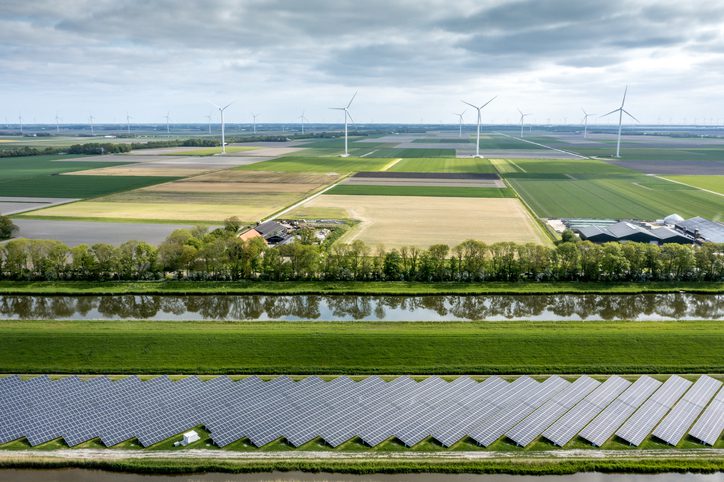
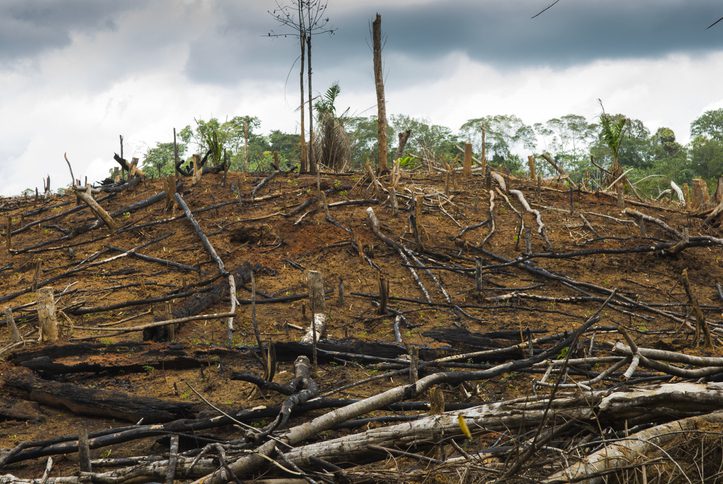
Deforestation
A UK announcement at COP should benefit threatened forests around the world: the Department for Environment, Food & Rural Affairs confirmed that supermarkets will need to declare that their imports of beef, palm oil and cocoa haven’t come from illegally deforested lands. Food production is one of the biggest drivers of deforestation. “Nearly eight million hectares of primary forest has been lost globally in these last two years alone, so this is an important first step to getting illegal deforestation off UK shopping shelves,” Tanya said. “Forests absorb 30% of the carbon we emit from burning fossil fuels, so nature is clearly our greatest ally in tackling climate change.”
Food systems
For the first time at COP, the way we produce and consume food was considered central to climate action. Nations covering over two-thirds of the world’s land, such as China, the US and Brazil, committed to include food in their national climate plans to meet emissions and climate impact targets by 2025. “Getting so many countries to support the COP28 declaration on food systems and climate action is a positive step forward,” said Kate Norgrove, WWF’s executive director of advocacy and campaigns. “WWF stands ready to work together with farmers, producers, retailers, financial institutions and politicians to turn these high-level plans into workable solutions.”
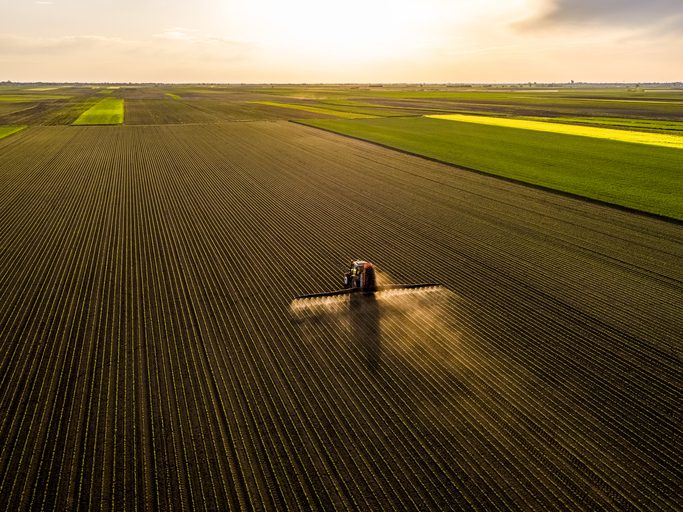
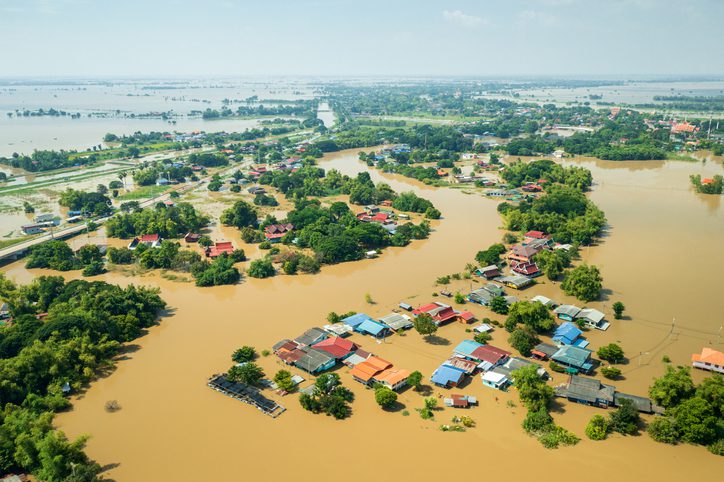
Climate impacts
Initially agreed at COP27 in 2022, a fund to help countries and communities vulnerable to the life-changing effects of climate change will begin paying out after an agreement was reached at COP28. Developed industrial nations, the main contributors to global warming, have made initial donations but the fund falls far short of what is required. Communities in developing countries may be unable to adapt when hit by extreme weather events so need financial support to recover their homes and livelihoods. “Committing funding is a positive first step from the UK government, but wealthy nations need to deliver billions, not millions, to help countries most affected by devastating heatwaves, droughts and wildfires caused by the climate crisis,” explained Tanya.
ALL IMAGES © GETTY
Ask our leaders to keep their promises
Sign our petition to hold our leaders to account and ensure they keep their climate promises
More to explore
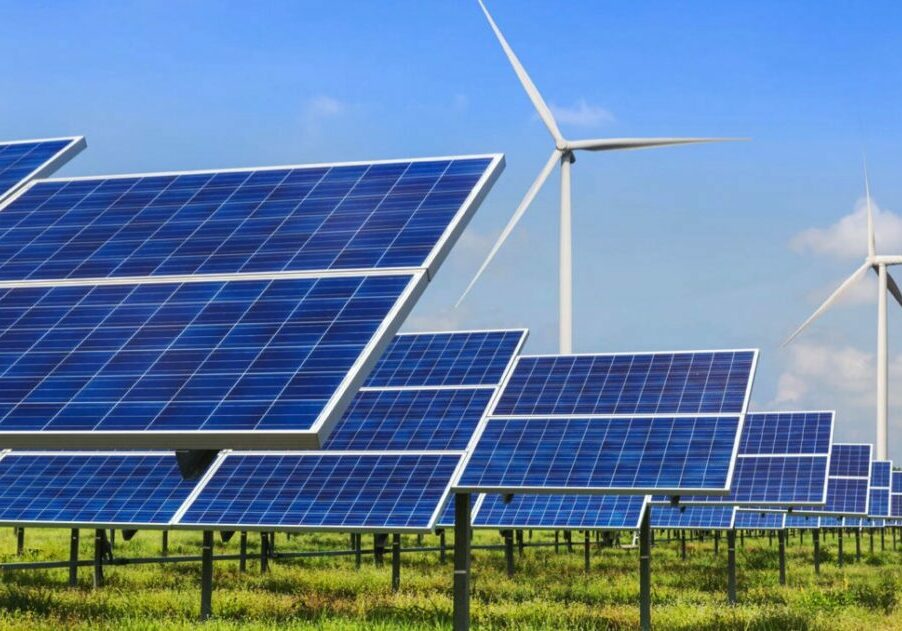
Shared solutions for the climate and cost of living crises
Reliance on fossil fuels is driving the global climate crisis, and a cost-of-living crisis in the UK. But it’s possible to tackle both problems at the same time
